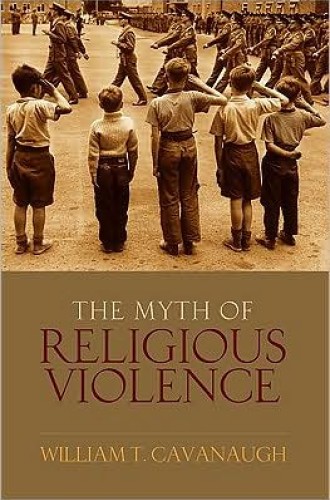The myth about religion
William Cavanaugh of DePaul University has written a pair of stunningly important books. On the basis of careful, detailed historical scholarship, he makes a clear and persuasive argument for overturning a founding myth of the modern Western state. In the title of his first book, he deliberately uses the term myth in a double sense: myth as a legitimating founding narrative for modern Western states and myth as a story that is manifestly false in light of careful study and thus a false founding narrative.
The myth that occupies Cavanaugh is the belief that religion is inherently sectarian, divisive and potentially violent and that a primary function of the modern Western state is to restrain and overcome such religious violence in the interest of a peaceful, well-ordered civil society. Cavanaugh traces this myth from its beginnings in Spinoza, Hobbes and Locke, who wrote in the 17th century in the wake of the "religious wars" of that period, notably the Thirty Years' War, which culminated in the Treaty of Westphalia in 1648, a settlement that framed the shape of modern Europe in its sovereign secular states.
Spinoza argued that religion must be kept private and apart from political power. Hobbes judged that an absolute state was required in order to keep religious, sectarian violence in check. And Locke championed tolerance that would counter the intolerance he found in all religion. All of these thinkers countenanced the use of state coercion when necessary to restrain a propensity to religious violence, so that the state properly and legitimately could exercise a monopoly on violence.






